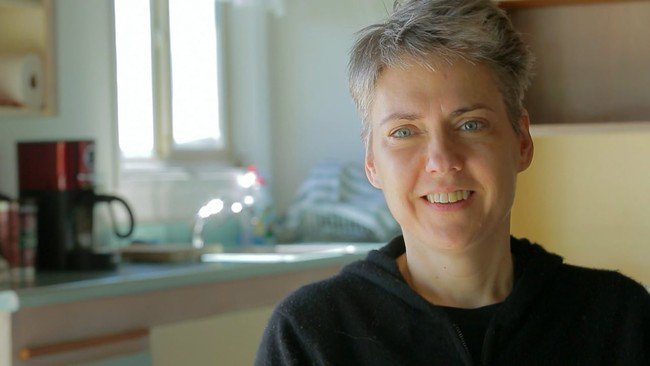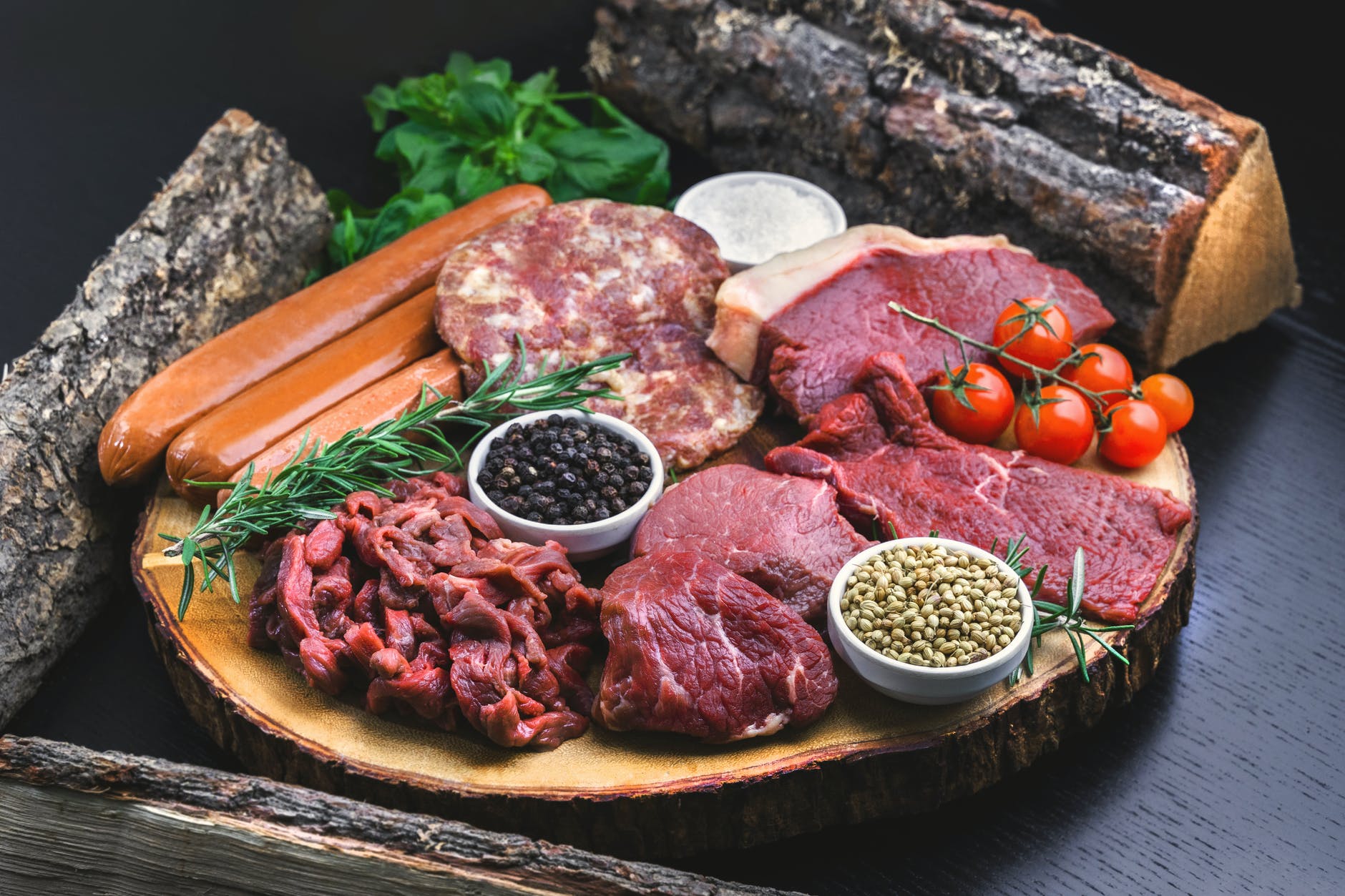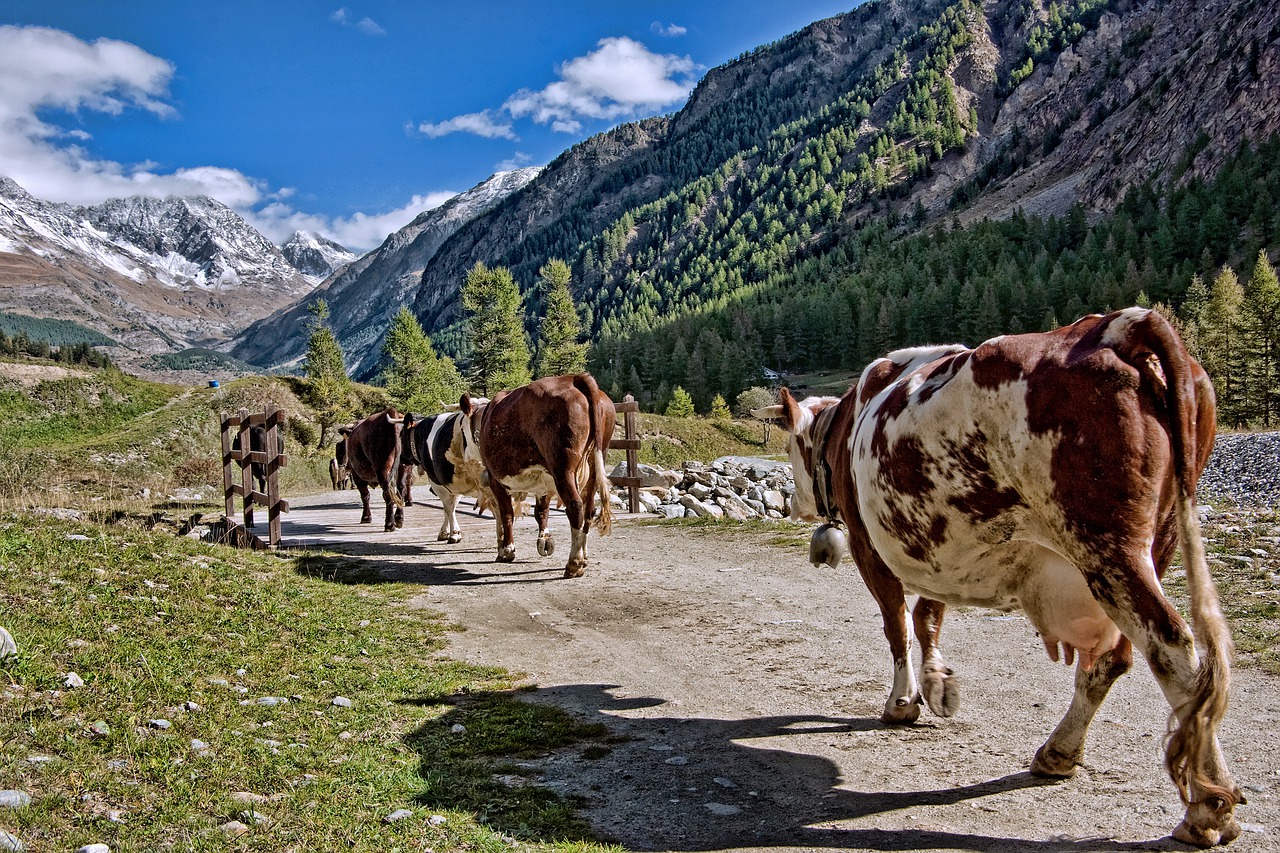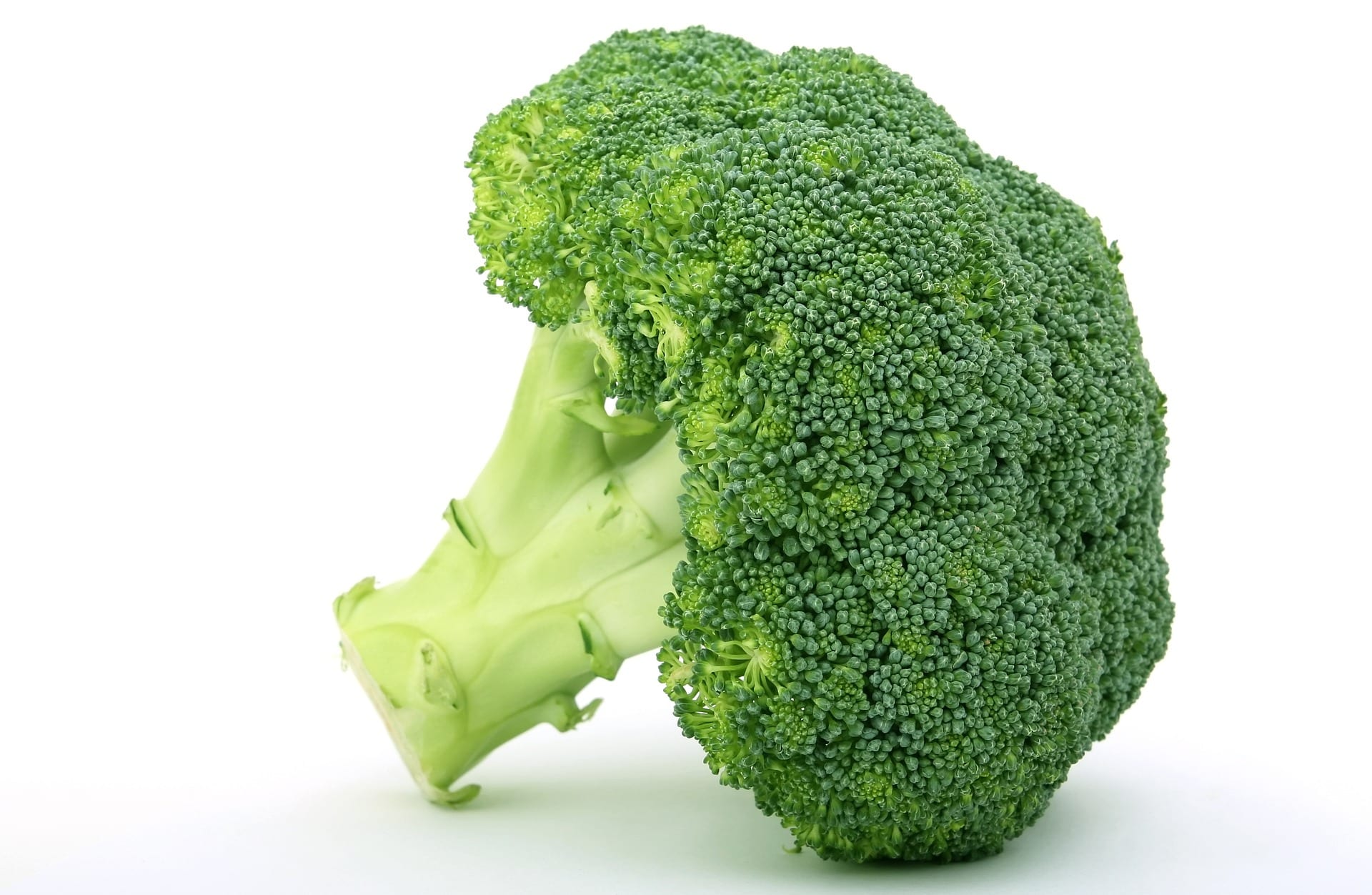"The vegetarian myth" it had no repercussion in Spain. However, the author was attacked in the US; his native country. He put his finger on the wound by dismantling the belief system of radical people who based his identity in your diet. Why did it cause so much controversy? Why does the author think that vegetarianism can't save the world?
The keys to "The Vegetarian Myth"
This is a book published in 2010. Its author, Lierre keith (1964) was a well-known environmentalist and feminist activist at the time. The impact of his book was such that a group of radicals who disagreed with his ideas broke into a conference on his book. They threw him pepper cakes to the face as they screamed "Go vegan" ("Go vegan). The striking thing about the case is that she was already vegan before ... twenty years! What led you to proclaim that the vegetarian myth exists?
Throughout the book Keith explains his relationship with food. It was always marked by a commitment to the environment and animal welfare. However, he realized that some things did not add up. To begin with, he spent years with a exhausted with which he had to sit every time he went to do the shopping. In addition, he spent much of his youth depressed. As if that were not enough, he developed back problemsto. While living in a rural environment, his perception of the animals he cared for changed.

He began to inform himself in ways that did not enhance his confirmation biases. One of the issues she mentions in the book is that being a vegetarian or vegan was a matter of identity. His circle only reinforced his beliefs. After taking many considerations into account, he returned to eating meat and felt better. He captured his experience in "The Vegetarian Myth" with the idea of raising public awareness. But why did you stop believing that a meatless diet can save the planet?
Political motives
The book consists of three chapters, each one dedicated to a theme. This one refers to the fight against environmental degradation that vegetarians believe to carry out. Basically concludes that it is not more sustainable import fruits massively from monocultures from other countries. These, like avocados, are the cause of deforestation and loss of native life. It doesn't seem right to him either grow annual cereals (wheat, rice ...) on massive surfaces where before there were other species.
https://www.youtube.com/watch?v=lEj92R0oZrs
Not only does this waste of resources (irrigation) but forests and meadows with all their species are completely destroyed. Let's not forget that these are carbon sinks that retain CO2. Also, without the animals that graze there, the soil degrades. They eat the leftover grass and replenish nutrients through manure. In general, the chemical fertilizers used depend on Fossil fuels. Like moving food over great distances.
Nutritional reasons
Keith defends in "The vegetarian myth" that a long-term meatless diet is not feasible. He even claims that the best-informed vegetarians and vegans end up with lacks. A little known substance that he mentions are tryptophans, the precursors of Serotonin. This is, roughly, the hormone of happiness. It also charges against carbohydrates. He accuses them of causing a high (glycemic spike) that then fades causing exhaustion.

He reviews the enfermedades diet-related since agriculture has existed, which is very interesting. It states, despite the lack of scientific consensus, that the soybean causes serious hormonal imbalances. For her, most studies do not conclude anything serious because they are financed by multinational agricultural companies (Monsanto).
Moral reasons
The author was very reluctant to the idea of kill to eat. Throughout the first chapter he argues that the idea of "humanizing" animals is something selfish inherent to human beings. It does not seem correct to him that the human being is seen as the center of the universe. He concludes that energy is neither created nor destroyed, it is transformed. If it is necessary to kill an animal, we must do it for supervivencia and being thankful for its nutrients.

Conclusion
The solution you propose is sensible. A diet (quite reminiscent of the paleo) consisting of eating what the region where you live offers you. It is not necessary in this way to waste resources. For example, a Spaniard from the north has meadows that do not require irrigation. This serves as food for cattle, whose meat should be eaten in moderation. It should also include many vegetables that can grow in the area, eggs y nuts.
«The vegetarian myth » (taking another example) is against raising cattle in arid areas. Obviously there is no water there, so other ecosystems are destroyed by abusing their resources. Finally, we will say that it proposes to reduce meat consumption by being against the industrial livestock. It only conceives as sustainable the one that integrates the animals into the natural environment so that flora and fauna mutually benefit. An interesting book for its ideas but that we should not take as dogma. We must contrast it.






